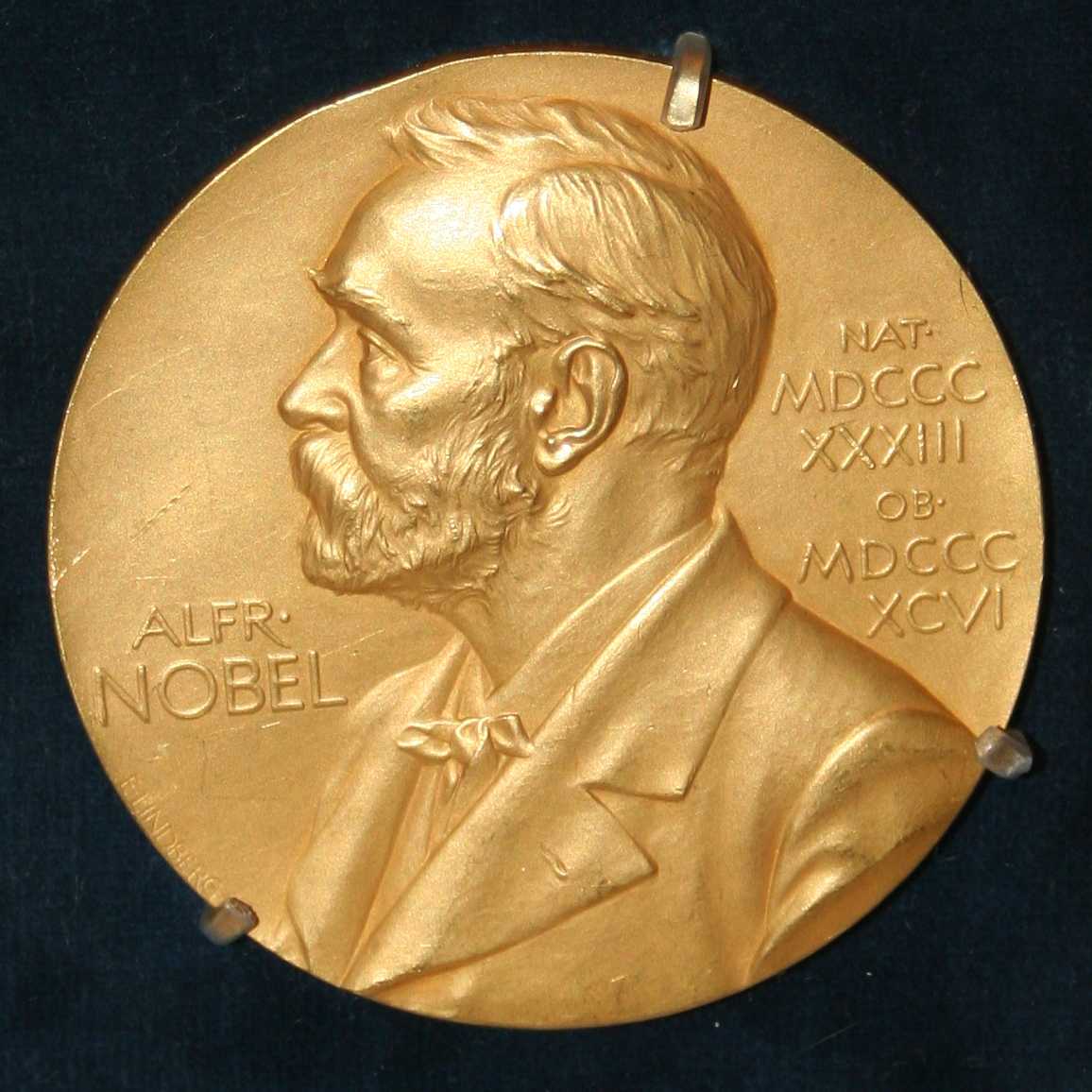Six faculty members gave explanation and insight to the six categories of the Nobel Prize— medicine, chemistry, literature, physics, economics and peace at a symposium on Friday Nov. 3.
In alignment with swedish inventor Alfred Nobel’s last will and testament, the prize is presented to those who have made the most important discoveries and contribution to society.
Nobel held 335 patents during his life and attained notoriety for the invention of dynamite. Hoping to leave a less-destructive legacy, Nobel used his last will and testament to request that his fortune be used to establish a prize awarded to the most worthy individuals in various fields, regardless of nationality. According to the Nobel Prize organization, Nobel held interests in the fields that he later chose to be the categories of the award.
Nobel specifically requested the Swedish Academy choose the recipients for physics, chemistry and literature, the Karolinska Institutet for the category of medicine and a committee of five persons selected by the Norwegian Parliament for the category of peace. The category for economics was added in 1968 in honor of Nobel’s memory and began selection by the Royal Swedish Academy in 1969.
The Nobel Prize in Physics was awarded to three american scientists of the Laser Interferometer Gravitational-Wave Observatory (LIGO), operated by CalTech and MIT in Livingston, Louisiana. The observatory detected gravitational waves on Aug. 14, 2017, a phenomenon whose existence was previously predicted by Albert Einstein. Nicholas Suntzeff, distinguished professor in the department of Physics, recognized the three individual recipients of the prize — Barry C.Barish, Kip Thorne and Rainer Weiss.
As per the current rules, Nobel Prizes must be awarded to individuals and a prize for a specific discovery can only be awarded to a maximum of three people. In his presentation, Suntzeff acknowledged the potential controversy of the award only going to three recipients when thousands of scientists contributed to the discovery.
“The discoveries of today are done by very, very large groups, and I think it’s important still to award it to a few people not a whole group, because then everyone can say they won the Nobel Prize out of all of the thousands of people that were involved,” Suntzeff said. “We celebrate these people, but we also celebrate the science that was done before collaboration.”
Born in Japan and raised in England, Literature laureate Kazuo Ishugiro is an author whose work encompasses characteristics of Austen, Kafka and Proust, according to Mary Ann O’Farrell, associate professor in the department of English. O’Farrell elaborated on Ishugiro’s exploration of average people and scenarios in literature. One example she gave was a character from his novel, The Remains of the Day, a butler, fascinated with the inner workings of the place he serves.
“What Ishugiro is really interested in is the ordinary man and how he feels about his job, how he feels about his work and the kind of tragedy of this particular guy losing his personhood in his professionalism,” O’Farrell said. “I think the relationship with us and our work, us and our jobs, people and their professionalisms, like that’s something that millions of us think about all the time.”
Economist Richard Thaler was awarded the 2017 Sveriges Riksbank Prize in Economic Sciences in Memory of Alfred Nobel for his contributions to behavioral economics. Thaler previously gained widespread recognition for his 2008 book “Nudge.”
The book was coauthored by Harvard law professor Cass Sunstein, and explores the concept that making small adjustments based on behavioral insights, or nudging, could be employed by governments to develop healthy ways of living and good decision making by individuals.
The simple concept of nudging is worthy of the award for the resulting nudge units that have popped up in various governments around the world, according to assistant professor of economics Daniel Fragiadakis. He said the concept can be applied to everyone but each to a certain degree.
“We want to still give people a lot of choice to do what they think is best for them, but for the other individuals who are maybe in need for a little for assistance, we can still provide some guidance for that,” Fragiadakis said. “I think that whole idea of first realizing that recognizing there’s a problem that needs to be fixed first and then fixing [it in] the way helps the most people and imposes the fewest restrictions on other people is actually very brilliant and I think deserving of the Nobel Prize.”
Biochemistry junior Catherine Bogdan came to listen to the presentations and support assistant professor of biology Jerome Menet who recognized the recipient of the Nobel Prize in Medicine. Bogdan said it is good to see Texas A&M display a symposium on an award that betters humanity.
“I think all of the awards this year were really well thought out and well given, so I was personally really happy to be invited and happy to attend this today, and I learned a lot of things that I didn’t know even going on in other fields,” Bogdan said. “It’s a good example of how the world is coming together in all of its research and all of its discoveries to enhance life for everyone I think in every aspect.”
Aggie faculty examines achievements of 2017 Nobel laureates
November 5, 2017
Photo by Creative Commons
Modern Nobel Prize medals are struck in 18 carat green gold, a naturally occurring alloy of silver and gold, and plated with 24 carat gold.
0
Donate to The Battalion
$2065
$5000
Contributed
Our Goal
Your donation will support the student journalists of Texas A&M University - College Station. Your contribution will allow us to purchase equipment and cover our annual website hosting costs, in addition to paying freelance staffers for their work, travel costs for coverage and more!
More to Discover










